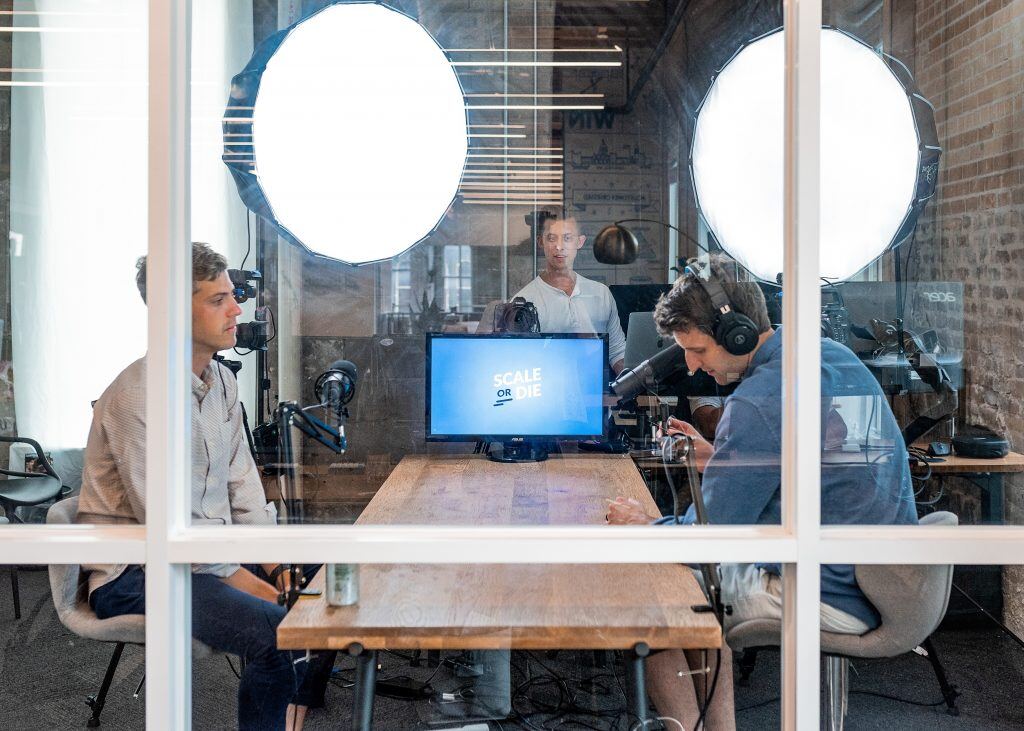Three backlinking myths you need to leave behind TODAY
written by
Elena Iordache
date
29 June 2020
written by
Elena Iordache
date
29 June 2020

SEO continues to be one of the top priorities in 2020 for most marketers. And that is with good reason – creating amazing products, services and educational content to support them is not enough. You also want to be found in search results by your potential customers.
One of the most important rankings factors are backlinks, which essentially represent a trust vote and signal search engines that your website is trustworthy and authoritative.
In fact, backlinks are so important that a study done by Backlino & Ahrefs on 11.8 million Google search results revealed that the #1 results have an average of 3.8x more backlinks than the results rankings #2-#10.
Marketers and SEO experts are prioritizing getting backlinks (also known as inbound links) over other SEO tasks. But there are three backlinks misconception (that are very popular but unfortunately untrue) you need to leave behind to prevent you from wasting valuable time and resources.

While this is still one the most recommended tactic to get backlinks, it’s actually untrue.
John Mueller, Webmaster Trends Analyst at Google stated that Google has been devaluing guest post backlinks for years now. Furthermore, the search engine has years of data to train its algorithms in catching such links. The reason is that these links appear to be unnatural ones.
“The part that’s problematic is the links — if you’re providing the content/the links, then those links shouldn’t be passing signals & should have the rel-sponsored / rel-nofollow attached. It’s fine to see it as a way of reaching a broader audience. Essentially if the link is within the guest post, it should be nofollow, even if it’s a “natural” link you’re adding there.”
John Mueller, Google
While Google won’t penalize you for getting guest-post links, it’s good that you have a clear goal when guest blogging. Writing guest articles takes time and effort and represent a good way to attract new audiences to your website and eventually increase brand awareness.
So if your backlinks strategy is made up mostly of guest posting, we highly suggest to revisit it. Select those blogs and websites that will help you reach relevant audiences and focus on writing great content rather than trying to write content for everyone.

Launching press releases and embedding backlinks with the expectation to receive link equity is still a common practice. However, most reputable press release organizations will add a nofollow attribute to the external link, hence no link equity from the press release website to yours will be passed. Additionally, Google states that they try to ignore press releases altogether.
So if you publish relevant and interesting press releases that get picked up by news organizations, that is totally fine. But if you’re launching press releases with the main purpose of winning backlinks, it might be best to shift your effort elsewhere.
Paid links refer to “exchanging money for links, or posts that contain links; exchanging goods or services for links; or sending someone a ‘free’ product in exchange for them writing about it and including a link” as per Google’s definition.
This includes buying links from other websites or directories, sponsored guest posts or paid reviews. If 10 years ago this was a widely used practice, today it’s a risky business that can get you penalized since Google has become better and better at recognizing paid links.
Even so, there are yet many SEO experts and marketers willing to pay for links. A survey among 628 SEO experts conducted by the SEO PowerSuite team found that 22% pay for links without disclosure and 37% pay for legitimate links (e.g. official sponsorships).
If you’re looking to scale up your link building efforts by buying links, remember that you still need to create highly targeted, educational and relevant content and promote it, just as with an organic link building campaign. Choose the websites where you want to feature your content wisely (look at domain authority, reputation and alignment with your industry) and prioritise quality over quantity.
Link building and increasing your domain’s authority are complex and take time. Instead of focusing on short term tactics that are either questionable or downright outdated, we encourage you to stay true to your brand and invest in creating educational content that can position your company as a true expert.
We hope you’ve learned something new today and if so, you’ll free up some time and invest it better.

TAGS
SEO Tips